LONDON, ENGLAND—While constructing a section of Crossrail, a 73-mile high-speed railway set to connect far-flung parts of London in 2018, workers stumbled upon a pit in the Charterhouse Square section of the city that contains several burials which scientists believe are tied to the early years of the Black Death. The skeletons, 13 so far, were found along with ceramics that date to the middle 1300s, when the plague was arriving at its peak. The bodies, which are arranged in two neat rows within the 18-foot shaft, could help scientists learn about the lifestyle of mideval Londoners, as well as offering an opportunity to learn about the spread of the pandemic.
High-Speed Rail Project Uncovers Black Death Burials
News March 15, 2013
Recommended Articles
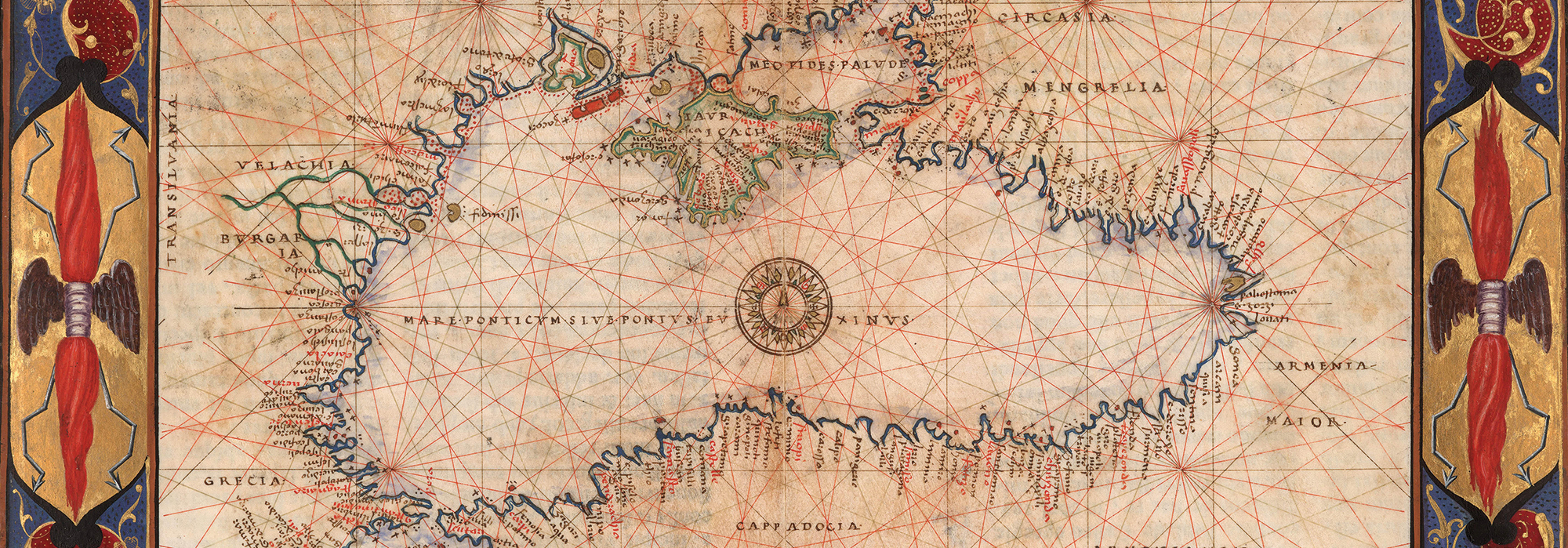
Digs & Discoveries May/June 2024
Workhouse Woes
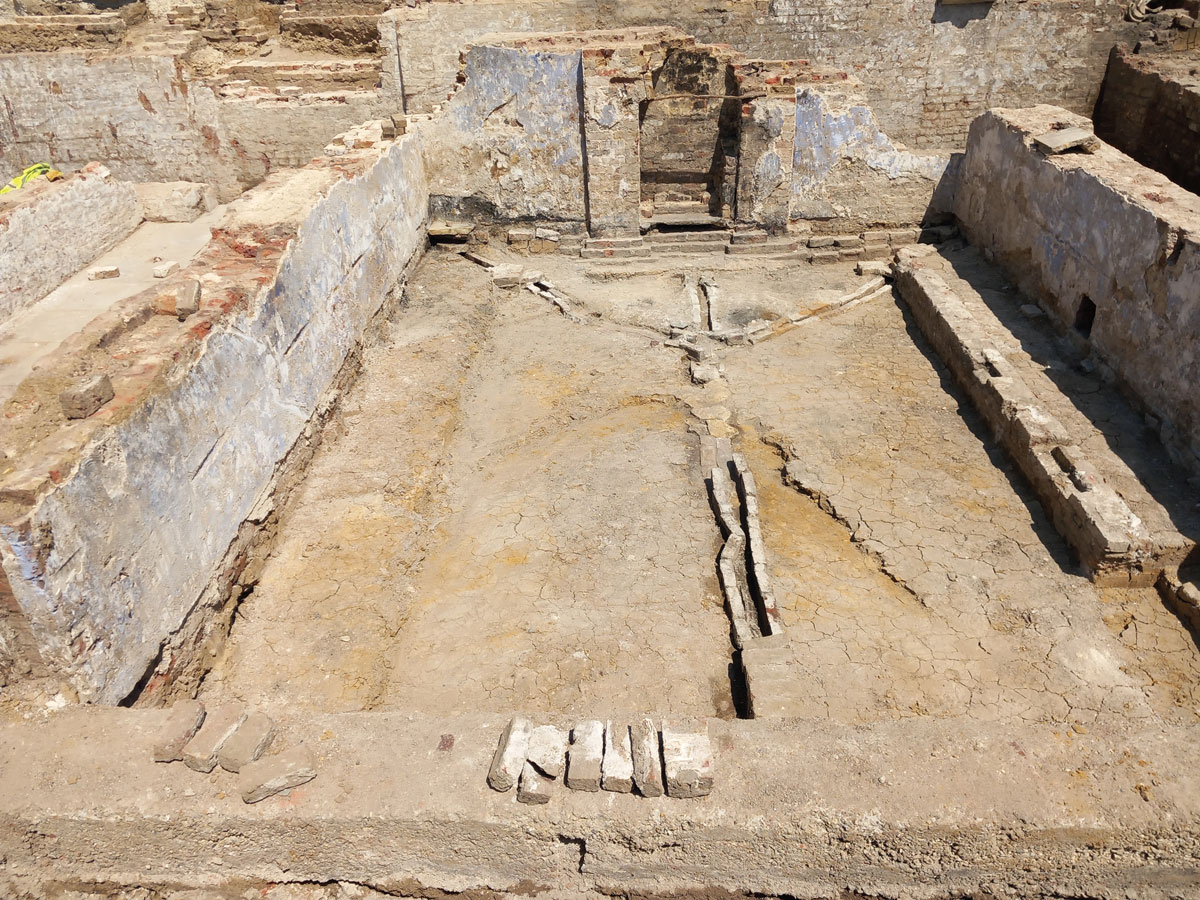
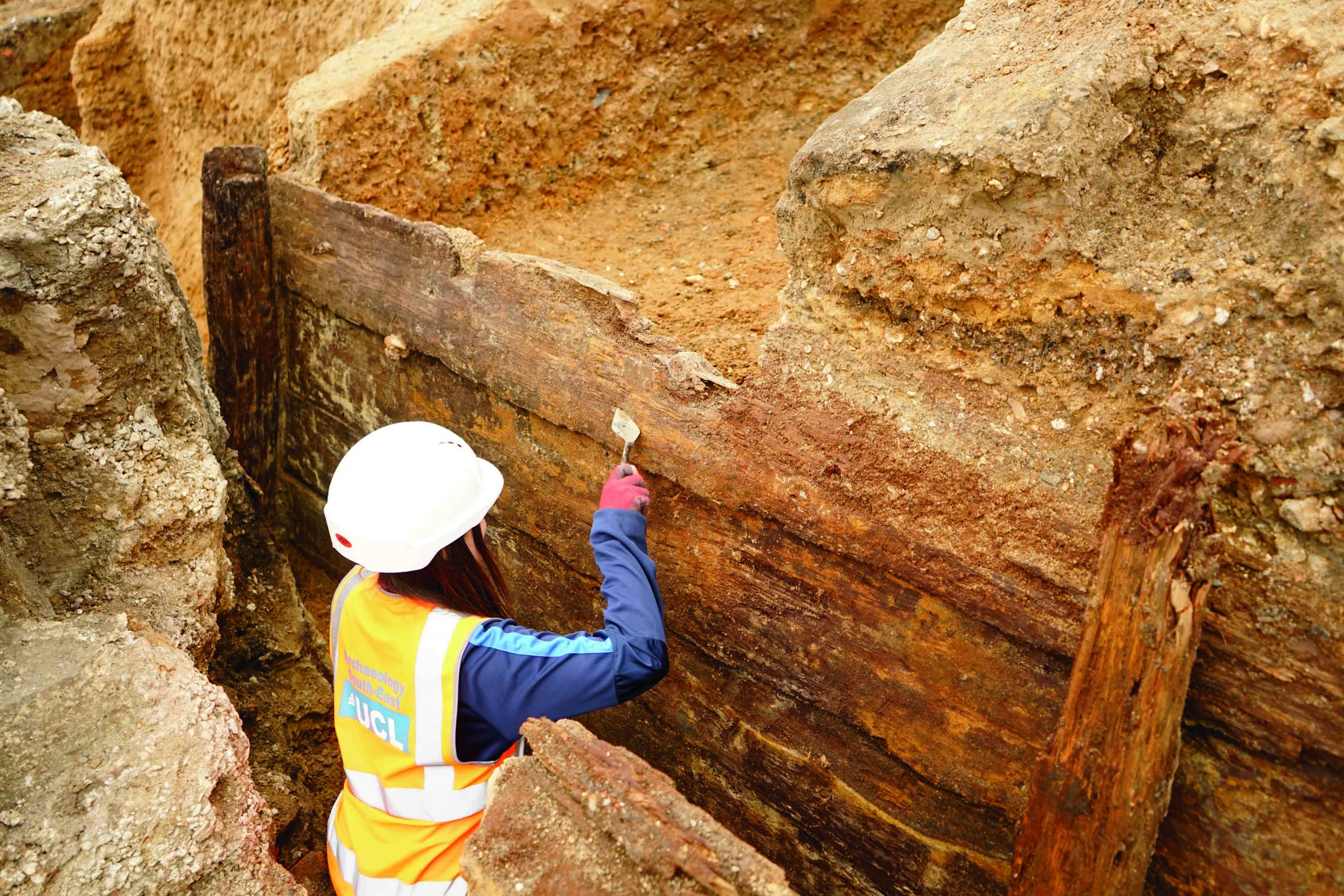
Digs & Discoveries March/April 2020
Tool Time
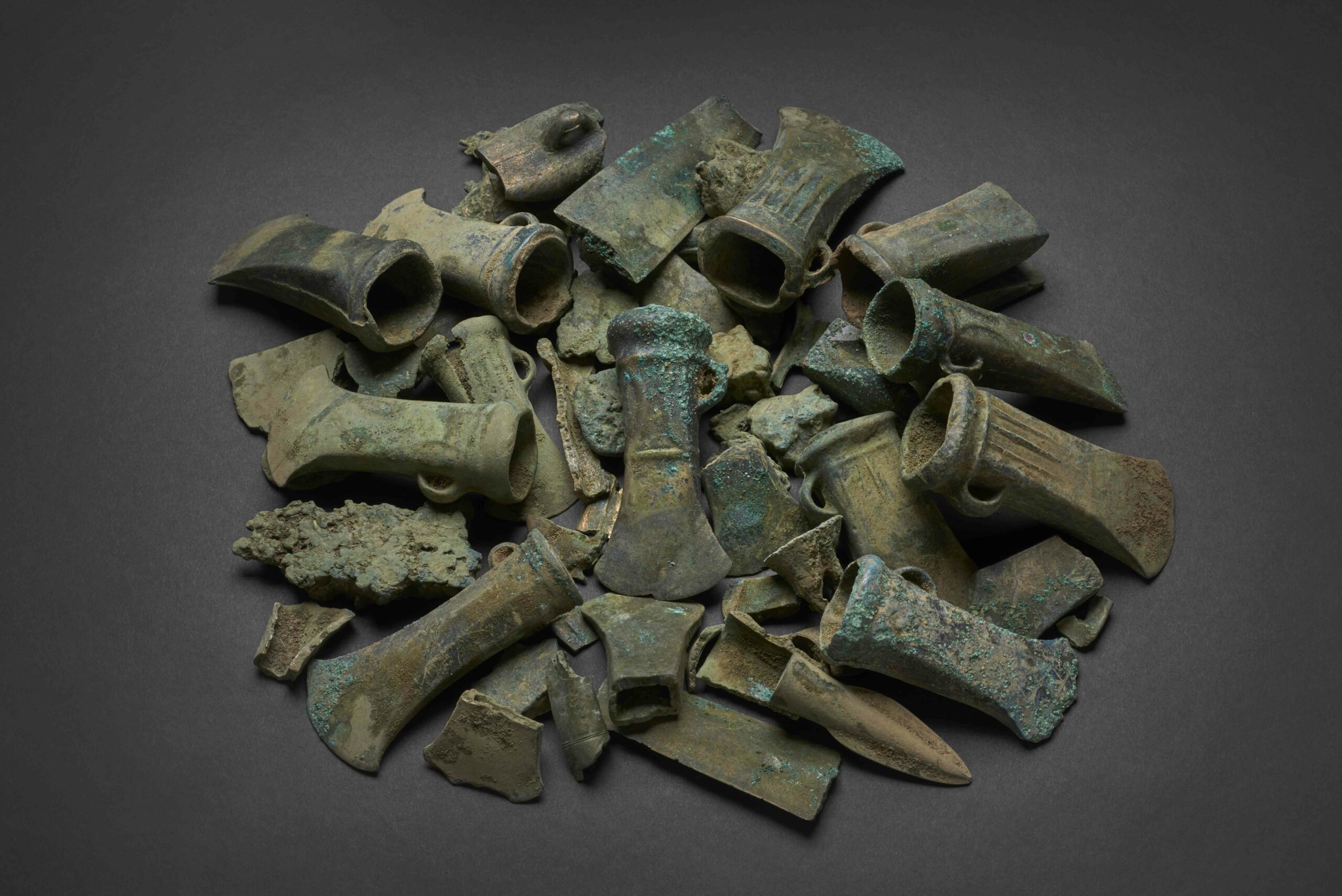
-
Features January/February 2013
Neolithic Europe's Remote Heart
One thousand years of spirituality, innovation, and social development emerge from a ceremonial center on the Scottish archipelago of Orkney
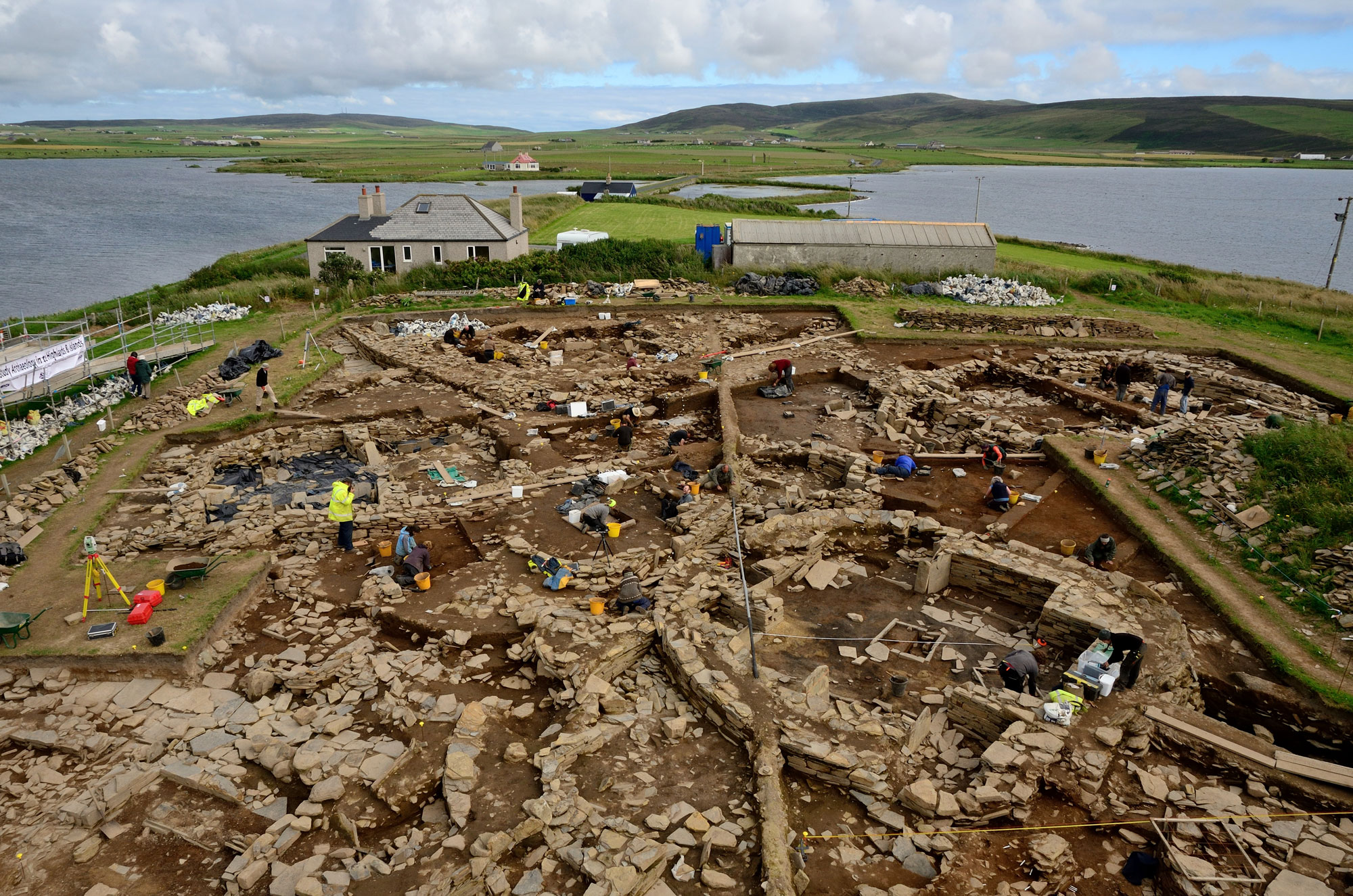 Adam Stanford/Aerial Cam
Adam Stanford/Aerial Cam -
Features January/February 2013
The Water Temple of Inca-Caranqui
Hydraulic engineering was the key to winning the hearts and minds of a conquered people
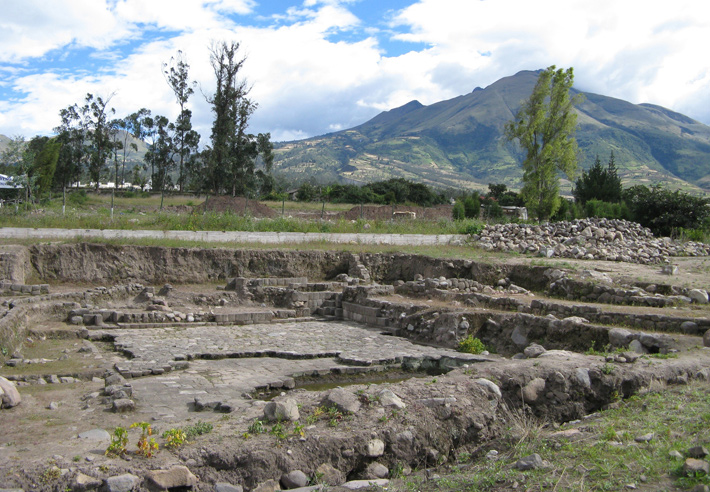 (Courtesy Tamara L. Bray)
(Courtesy Tamara L. Bray) -
Letter from France January/February 2013
Structural Integrity
Nearly 20 years of investigation at two rock shelters in southwestern France reveal the well-organized domestic spaces of Europe's earliest modern humans

-
Artifacts January/February 2013
Pacific Islands Trident
A mid-nineteenth-century trident illustrates a changing marine ecosystem in the South Pacific
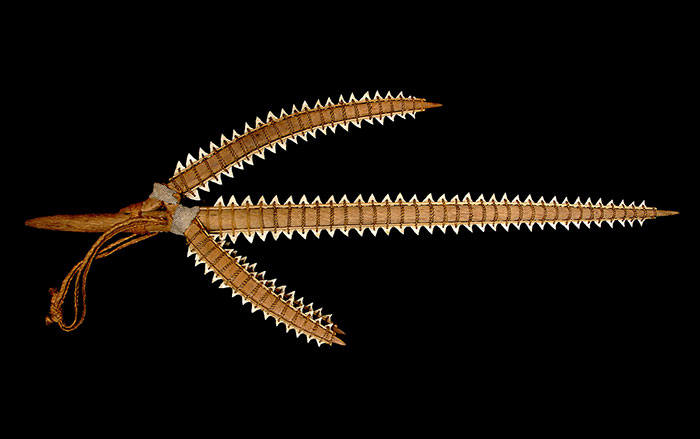 (Catalog Number 99071 © The Field Museum, [CL000_99071_Overall], Photographer Christopher J. Philipp)
(Catalog Number 99071 © The Field Museum, [CL000_99071_Overall], Photographer Christopher J. Philipp)

